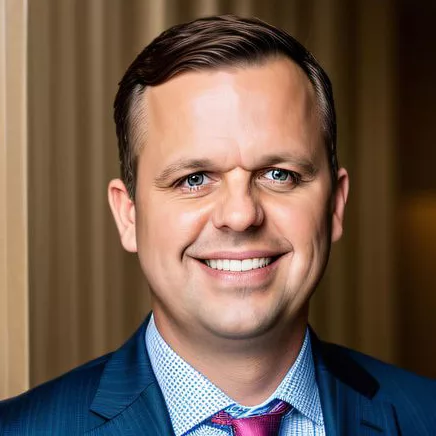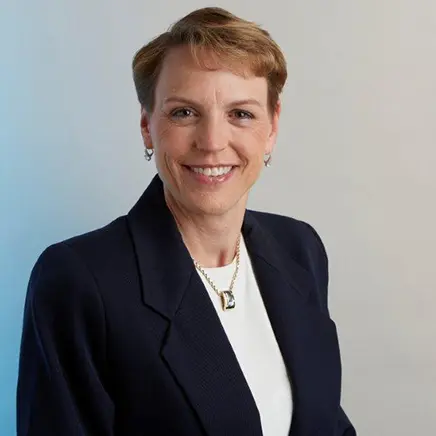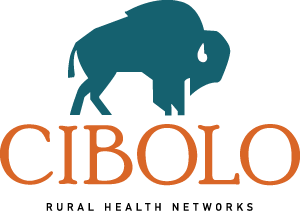About Us
Supporting Rural Healthcare
Rural healthcare is in crisis. In the last decade, more than 130 rural hospitals have closed their doors or ended inpatient services*. The hospitals and clinics that remain serve older populations that suffer from high rates of chronic disease.
As a rural health leader, you have experienced the challenges behind these numbers. Rural hospitals struggle to generate enough margin to invest in diagnosis and treatment advances. You also face rising costs of labor and supplies needed to provide care. These headwinds often leave little choice but to cut clinic hours or services, prompting patients to look elsewhere for care. Revenue falls, fixed costs remain, and the cycle begins again.
Why Cibolo Health
Cibolo Health helps independent rural hospitals create networks with their peers to overcome the obstacles rural healthcare providers face. These networks are similar to farmers’ cooperatives, giving member hospitals the scale needed to gain a seat at the table with health plans and large health systems.
Cibolo is a pioneer in enabling independent, rural hospitals to create rural clinically integrated networks. CINs provide the clinical foundation for improving quality, care coordination and access.
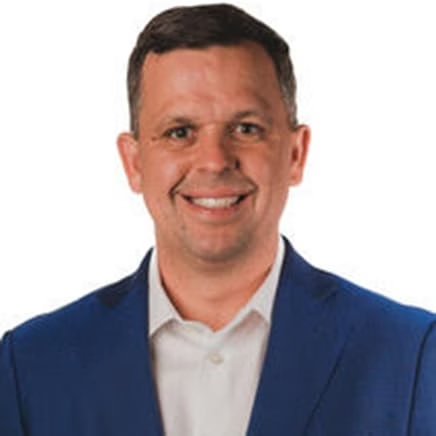
Nathan H. White, JD
President/CEO
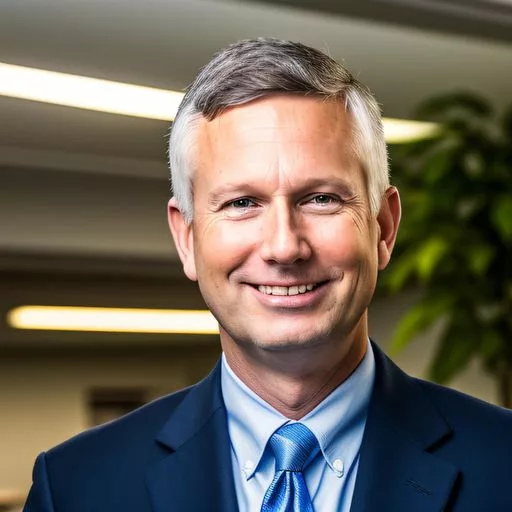
A. Clinton MacKinney, MD, MS
Chief Medical Officer
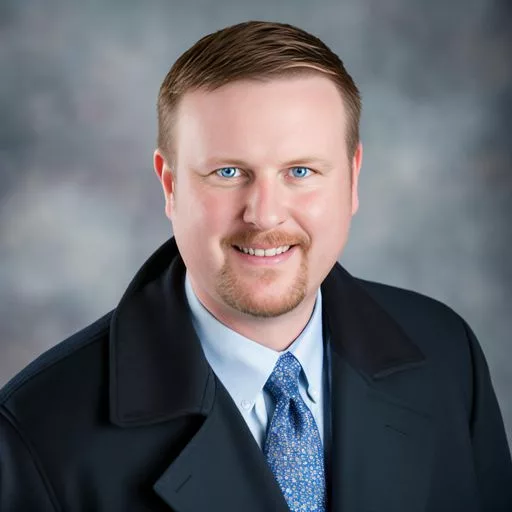
Brett Norell, MHA, FACHE
Chief Financial Officer

Brittany Sachdeva, DNP
Chief Clinical Officer

John Naylor
Strategic Advisor

Kylie Nissen
Chief of Staff
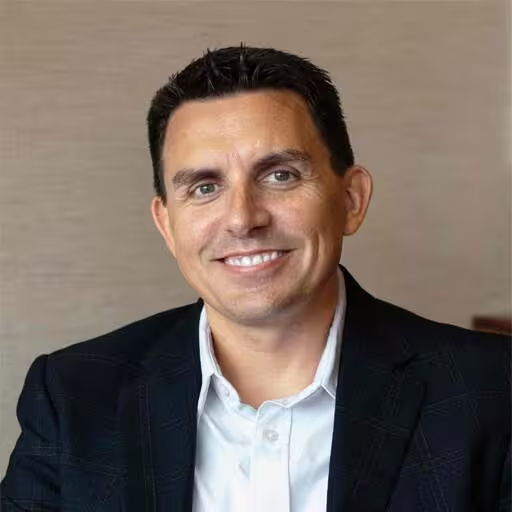
Corey Condon
Executive Vice President of Procurement

Theo Stoller
Executive Vice President of Network Operations
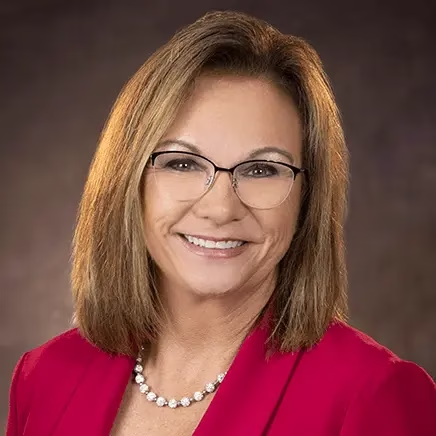
Naomi Wedin
Chief of Payer Solutions & Relationships

Amy Miller
Director of Strategic Partnership & Alliance for Cibolo Health and The Garage
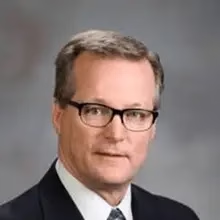
Mark Waind
Chief Information Officer
The founders of Cibolo Health have been in your shoes. They have run rural hospitals. They have cared for rural communities as either a nurse or a physician, both at the bedside and as clinical leaders. They have faced the same pressure points and developed solutions that took care of patients in that moment of need, and for the long term, too.
Most importantly, they share the desire for rural communities to retain local decision making on healthcare. Their work is dedicated to the principle that independent rural hospitals can work together to meet these challenges and emerge stronger while remaining independent.
* Since 2013, 73 rural hospitals have closed completely, and another 58 rural hospitals have ended inpatient services, according the University of North Carolina.

